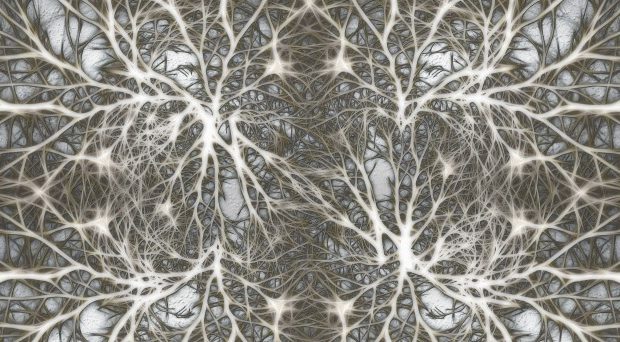
More than 7 million people are expected to be living with Alzheimer’s disease (AD) by 2025 in the USA alone, presenting significant social and economic challenges. The age-related neurological disorder is characterized by memory loss and dementia yet, despite its prevalence, the underlying causes of AD are largely unknown and no preventative treatments currently exist.
The brains of people suffering with AD are marked by the presence of amyloid-β (Aβ) aggregates (also known as plaques) that disrupt synaptic function and, ultimately, are thought to initiate a cascade of events leading to neurodegeneration and dementia. Evidence in human and animal models has shown that the ε4 allele of the apolipoprotein E (APOE) gene enhances amyloid pathology and increases the accumulation of plaques in the brain. In fact, in addition to increasing AD prevalence, the presence of APOE4 is also thought to lower the age of disease onset; what is not clear however is at what stage apoE4 has the strongest effects on amyloid pathology.
Professor Bu and his colleague’s latest research suggests that the expression of APOE4 plays a critical role in driving amyloid pathology during the earliest stages of the disease. We asked him a few questions about this research:
Which models did you develop to study the varying effects of APOE4?
“We used a set of newly developed mouse models that allow us to turn on or off of apoE isoform expression at different stages of the amyloid pathology.”
What was the most important finding of your research?
“That apoE4 drives amyloid pathology at the initial seeding stage rather than by promoting the growth of amyloid.”
What are the major implications of this work?
“Our findings suggest that targeting apoE4 to reduce amyloid pathology needs to focus on early prevention.”
What future work do you have planned to continue this research?
“We plan to address the molecular mechanism underlying apoE4 effects on amyloid during seeding and develop strategies for intervention and drug development.”
Professor Bu’s research was presented at Neuroscience 2016, the annual meeting of the Society for Neuroscience and the world’s largest source of emerging news about brain science and health.
- The role of APOE4 during the earliest stages of Alzheimer’s disease. A Q&A with Professor Guojun Bu - 15th November 2016
- Evolution and cancer: A mathematical biology approach II - 23rd August 2016
- Quiz: Test your (action) potential! - 14th March 2016
2 Comments